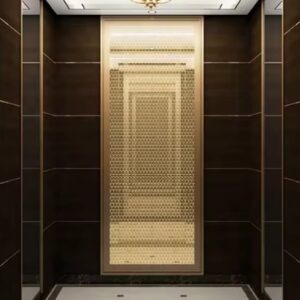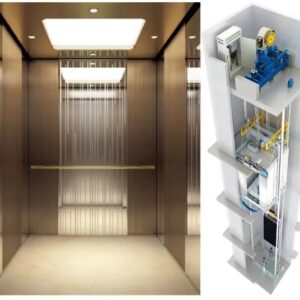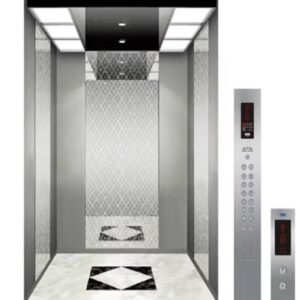Elevator and Escalator in Nigeria
Elevator and Escalator in Nigeria
The growing demand for elevators and escalators in Nigeria is driven by urbanization and high-rise developments. Elevators provide efficient vertical transportation in buildings, while escalators enhance mobility in malls and public spaces. Costs vary based on type, capacity, and installation complexity, with maintenance and reliable power supply being essential considerations.
Product Description
Growing Demand for Vertical Transportation
The demand for elevators and escalators in Nigeria has been steadily increasing due to rapid urbanization, infrastructural development, and the expansion of high-rise buildings in major cities. Commercial buildings, residential complexes, shopping malls, hotels, hospitals, and office spaces rely on these vertical transportation systems for efficiency, convenience, and accessibility.
Factors Influencing Elevator and Escalator Selection
The cost and selection of an elevator or escalator in Nigeria depend on factors such as building type, passenger capacity, installation complexity, safety features, and customization preferences.
Types of Elevators in Nigeria
Elevators are primarily used in buildings with multiple floors, offering smooth vertical transportation for passengers and goods. They come in various types, including:
- Hydraulic Elevators: Commonly found in low-rise buildings, they are affordable but require regular maintenance.
- Traction Elevators: Available in both geared and gearless models, these are widely used in mid-rise and high-rise structures due to their durability and energy efficiency.
- Machine-Room-Less (MRL) Elevators: Gaining popularity for their space-saving design and modern technology.
The cost of elevators in Nigeria varies based on capacity, speed, materials, and additional features such as touchscreen controls, glass doors, automated destination selection, and energy-saving systems.
Role and Cost of Escalators in Nigeria
Escalators are widely used in shopping malls, airports, train stations, and public buildings where continuous movement of large numbers of people is necessary. They reduce congestion and improve mobility in crowded spaces. Escalators come in different configurations, including straight, curved, and spiral models, with indoor and outdoor options.
The cost of escalators in Nigeria depends on factors such as length, width, incline angle, step material, and additional safety features like handrail lighting and motion sensors. Installation complexity also affects pricing, particularly in buildings that require structural modifications.
Safety and Maintenance Considerations
Safety and maintenance are critical aspects of both elevators and escalators in Nigeria. Regular servicing is necessary to ensure smooth operation, prevent mechanical failures, and comply with safety regulations. The cost of maintenance varies based on the type of system, frequency of servicing, and level of technology involved. High-end models with advanced automation and smart monitoring systems may require specialized technicians, increasing maintenance expenses.
Power supply reliability is another key consideration, as elevators and escalators require stable electricity for consistent operation. Many buildings incorporate backup power solutions such as generators and uninterruptible power supply (UPS) systems to prevent disruptions during power outages.
Choosing the Right Vertical Transportation System
The choice between installing an elevator or escalator in Nigeria depends on the specific needs of a building. While elevators are essential for vertical transportation in high-rise structures, escalators are ideal for areas with high foot traffic, ensuring continuous movement of people.
With the growing real estate sector, increasing demand for smart buildings, and rising awareness of modern transportation solutions, the use of elevators and escalators in Nigeria continues to expand. Developers, architects, and building owners must consider factors such as cost, efficiency, safety, and maintenance when selecting the best vertical transportation system for their projects.













Reviews
There are no reviews yet.